It was only one round into TSM’s initial bout with eUnited during Pro League Season 11 and Bryan “Merc” Wrzek was “pissed.”
He wasn’t mad about anything he did or didn’t do during the round—he played fine. The round didn’t go TSM’s way because Pablo “Gryxr” Rebeil clutched a one-vs-two. But in the grand scheme of the match, that’s small potatoes. The real reason he was incensed was the All Chat. Following the clutch, Seth “Callout” Mik typed two simple letters, two letters that hold special significance in Rainbow Six Siege: “GN.”
GN means “Good Night,” and in R6, it’s trash talk of the highest order. The move, seemingly, was to try and knock Merc off his game by riling him up, getting him to hyper-focus on the moment and lose sight of what his role was for TSM. This isn’t an uncommon tactic in R6, or esports at large, and keeping his cool in the moment would be crucial. Luckily for Merc, he has the resources of a massive org like TSM at his disposal and is naturally resilient to in-server trash talk.
“If you type to him and piss him off, it really just fuels him up,” TSM’s captain, Matthew “Achieved” Solomon, told Dot Esports in January about Merc.
Merc was one of the players that fell to Gryxr in that one-vs-two. Needless to say, he wasn’t exactly happy about the “GN” etymology he created being used against him, especially when it didn’t really fit the criteria.
Somewhat prophetically, caster Michael “KiXSTAR” Stockley remarked on the broadcast, “it’s only one round in. If everything starts to turn on eUnited, he’s gonna regret that.”
To say that eUnited’s attempt at getting under Merc’s skin backfired is like saying Mount Everest is kind of tall or N.W.A.’s music made people in the 1990s a little upset. Merc ended the match 12-6 with a 1.49 Siege.GG rating and he let eUnited know exactly how he felt throughout the entire duration of TSM’s six-round winning streak to lock up the match 7-3.
Jawing at the other team is a time-honored position in Rainbow Six specifically and esports in general. The most infamous and oft-repeated instance came from SI 2020 during a group stage game between TSM and Spacestation Gaming. Troy “Canadian” Jaroslawski clutched a round with the UMP and absolutely let loose on TSM, saying, among other things: “Why am I so much fucking better than you” and “I’m old as shit, with the worst gun in the game.”
This wasn’t a completely random, emotion-filled outburst—it was at least partially calculated. Canadian yelled specifically at Emilio “Geometrics” Leynez Cuevas, who wasn’t alive during the one-vs-two situation. If he wanted to try and push the buttons of the players he clutched against, he would’ve yelled at Merc and Beaulo. But he chose Geo.
“So like, because even if like we shut him [Canadian] down, he’s always going to trash talk, regardless if they’re like winning or not,” Achieved said when discussing the clip.
What happened to Merc against eUnited and Geo against Spacestation isn’t unique. Winning the mental game is half the battle in Rainbow Six Siege, according to every person interviewed on the subject. The opposition isn’t just trying to find the weak spots in your defense or the flanks on your attack, they’re actively trying to get in your head—and it doesn’t only happen on LAN.
Achieved said his role as TSM’s captain involves maintaining his team’s emotional stability, which he claims is far stronger than most. He also said TSM has a good read on how to press the proverbial buttons of their opponents.
“There’s some players and other teams that we know tilt very easily,” Achieved said. “And we know that when they get tilted, it affects their whole team. We always tell ourselves, like, you know, if these guys can get five rounds on the attack, you know, we can get six, sure, we can easily do the same thing.”
Right now, one of esports’ hot topics is mental health and how teams manage it. Achieved said he visits a sports psychologist periodically and meditates to help keep his head on straight. His role as the hype man for TSM is important. Keeping the team’s energy high during long best-of-five or best-of-three matches that can span hours is crucial to their success.
But a sports psychologist won’t be in the cards for most Rainbow Six Siege players without large amounts of organization-level support. A big org like TSM can afford an organization-wide sports psychologist, in addition to a coach and analyst. Most teams can’t afford one, though, or they at least can’t afford one at their beck and call.
For most teams, the funding just isn’t there, according to EUL caster and former PENTA sports head coach Jessica “JessGOAT” Bolden.
“I think given that support, staffing, still isn’t financed enough in Siege as it is,” JessGOAT told Dot Esports. “Orgs are struggling to finance, barely finance, those two support staff (a coach and an analyst) plus five players. How are you going to get in a psychologist every now and then? If you’re a half-decent organization, you get one that is like seasonally there for every team in your organization.”
The teams that are better funded have the resources to take on the task of maintaining their mental toughness and therefore stand a significantly better chance at making deep runs at R6‘s biggest events. Smaller teams have to turn to their coaches, like APE’s coach Tanner “Forceful” McHattie, who helps the team in the mental aspect.
“When it comes to confidence, that’s probably one of the biggest aspects as a coach has helped,” Forceful told Dot Esports. “Players become more sure of themselves, more confident in what they’re doing.”
Forceful is a longtime coach and has seen the effects of pressure on players, particularly those who are younger or new.
“I feel like a lot of new players, when they first get into like those big spotlight kind of situations, they have like a lot of imposter syndrome,” Forceful said. “They feel like, here’s all the people I’ve looked up to this whole time. And now those same people are trash-talking me, maybe I don’t belong here. And it’s about setting them up for success by, you know, managing the expectations going into the situations.”
Forceful said that sometimes, players who are known to get frustrated or tilt can become targets, but it’s not an effective long-term strategy. “This is not normally a game plan that I like to employ,” he said. “You’re taking the control out of yourself and putting it on to the person you’re targeting. Because ultimately, it’s up to them to react the way you want them to react.”
He does, however, acknowledge that the tactic could be successful. “You could turn what should be a five-vs-five game into a four-vs-five,” Forceful said.
For the teams that don’t have the institutional support, effective scouting is one of the best ways to keep a squad functioning. A skilled player who gets frustrated easily often isn’t worth the headache, and in unchecked situations, they can tear a promising squad apart at the seams emotionally. But for a coach, there are ways to refocus that frustrated energy to the task at hand.
“There are different methods that different players will align with,” JessGOAT said. “Moreover, I mean, everyone’s different personalities and whatnot. For some people, it’s as easy as putting in another chewing gum…The tilters, however, are the ones that you need to find an icebreaker. My most favorite icebreakers, which turn around to your teammates, whoever the tilter is, say ‘Shut the f**k up, they are so shit, they got so lucky, like, that’s luck, like they just pulled it out of nowhere.’ And then all of a sudden they start to go ‘Yeah, no, no, you’re right, they’re so trash.'”
Forceful employs a similar strategy, urging players to look to the future and to keep the big picture in mind.
“If a player is looking at that massive issue that’s right in front of them, and it’s like, ‘I can’t do anything right,’ let’s narrow it down,” he said. “Let’s focus on the next right thing. Let’s get into that next round mentality. What’s in the past, there’s no amount of money, there’s no amount of, you know, influence on social media you can have that will let you go back in time and fix that round, like, it is gone… So what you need to do is focus in on the next test.”
Getting in an opponent’s head and making them doubt their decisions and skill is as old a tactic as sports itself. The way to fight this is through effective discipline and mental health training, something that isn’t readily available in a scene the size of Rainbow Six. It’s no wonder that for around a year, the top-four teams in North America haven’t changed.
TSM, Spacestation, Oxygen, and DarkZero have participated in every “Mini-Major” and all qualified for the Six Invitational before it was postponed. In Europe, G2 are a mainstay and JessGOAT specifically points out Team Empire as a team with great composure. Empire originally ended the G2 dynasty at the Raleigh Major in 2019 and won the November Mini-Major in 2020.
From conversations with coaches and players, and looking at the raw results themselves, strong mental composure seems to be the largest indicator of a top-tier Rainbow Six team. The squads that can control and channel their emotions into positive outcomes are the ones that dominate in the server. The future battles in tactical shooters in general and Rainbow Six specifically will be fought by the players in their own minds, a constant tug-of-war between allowing elation to bring confidence and not allowing failure to multiply.


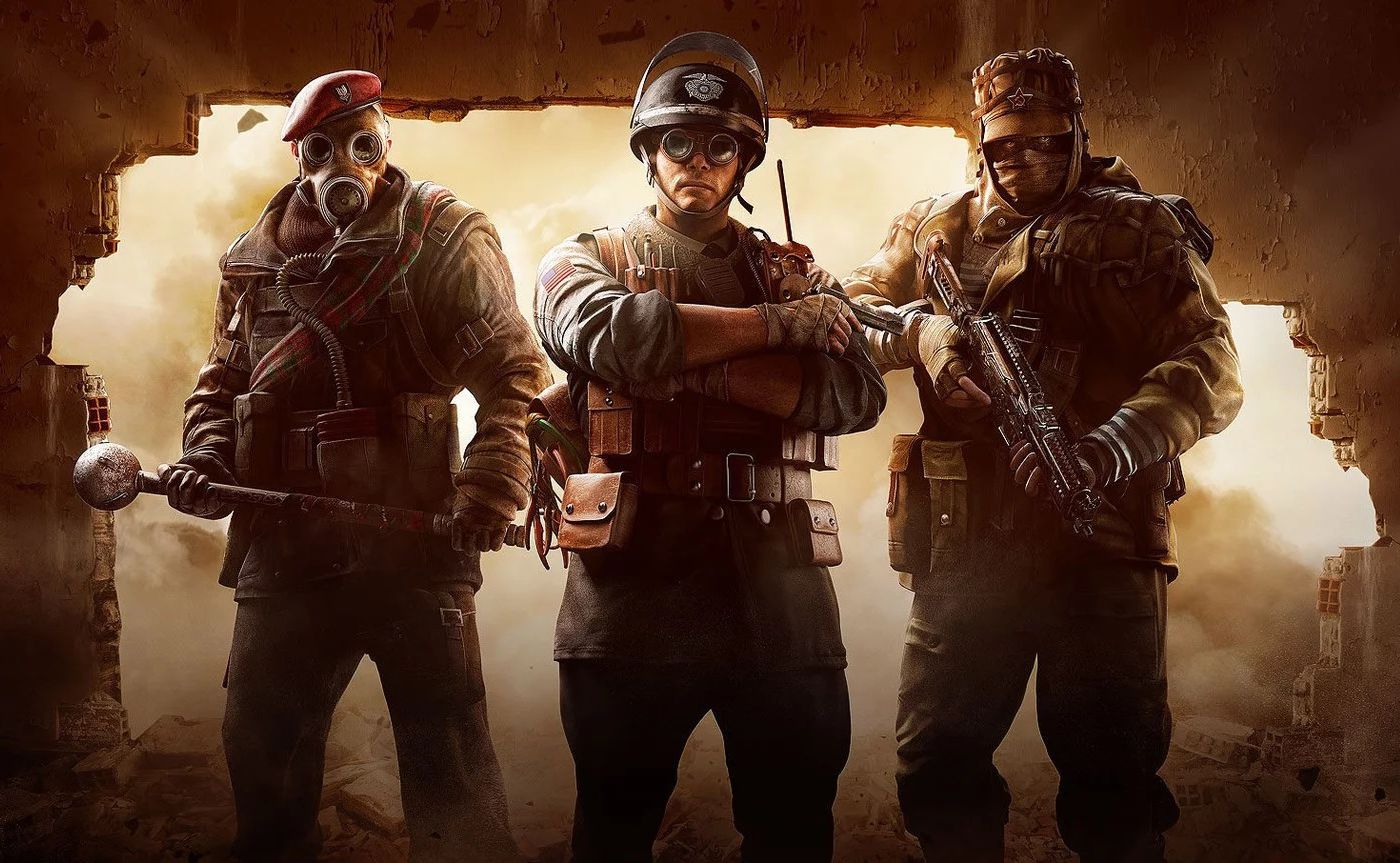
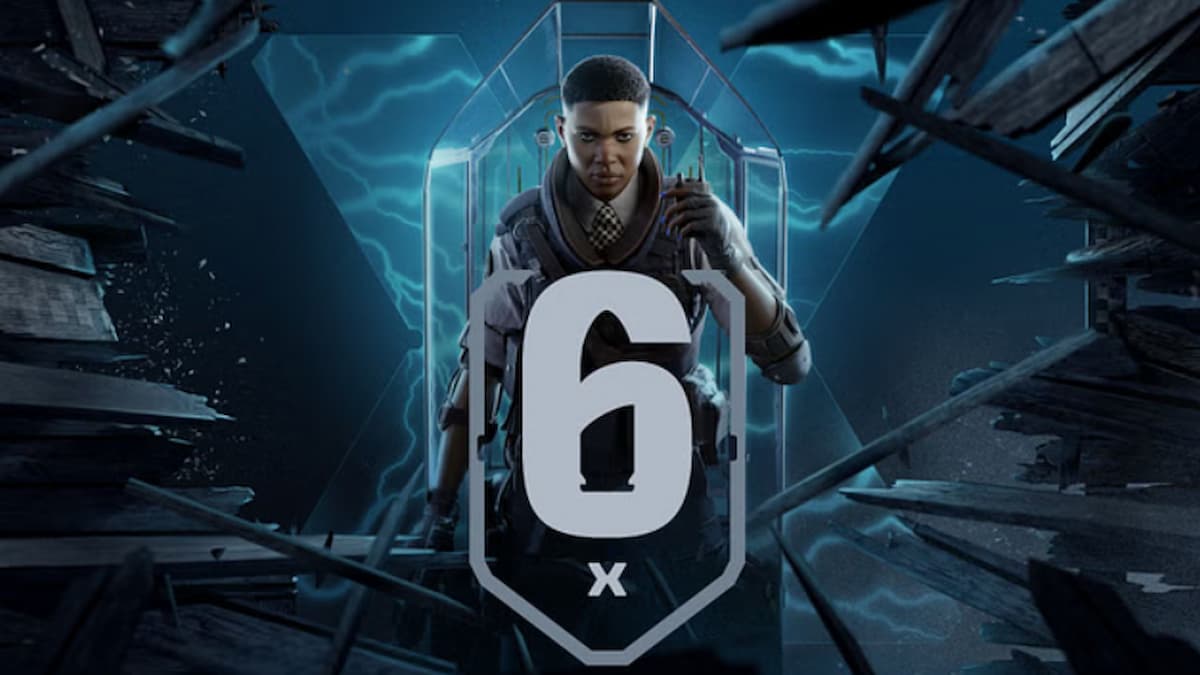
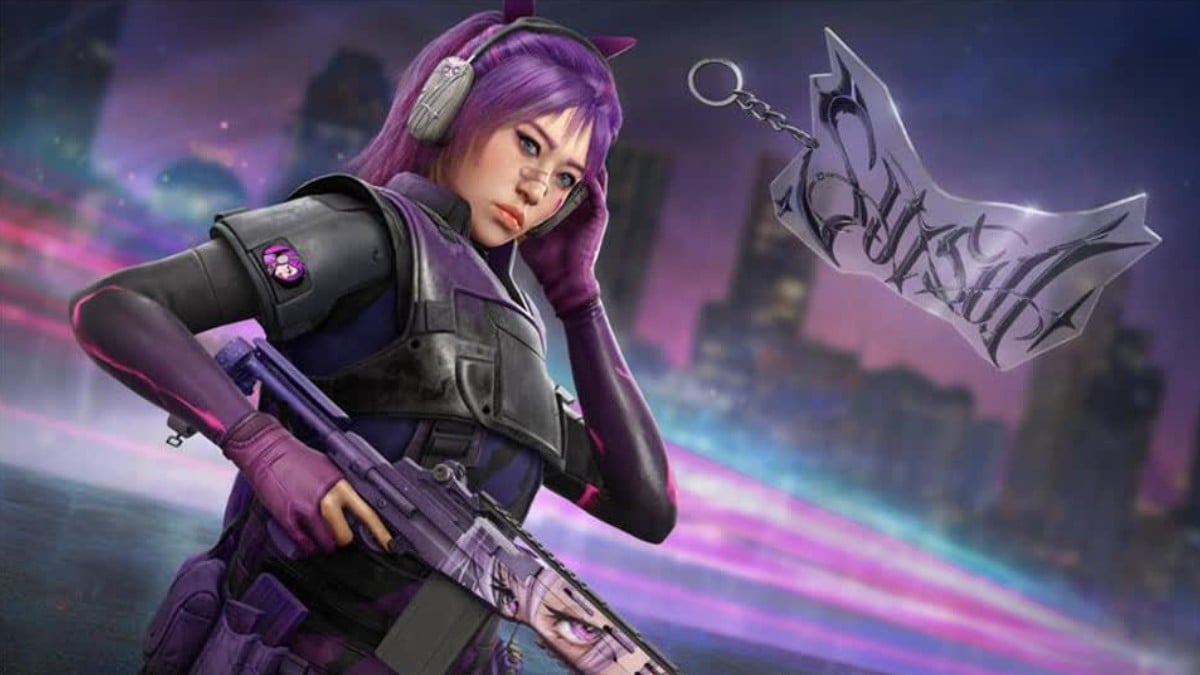
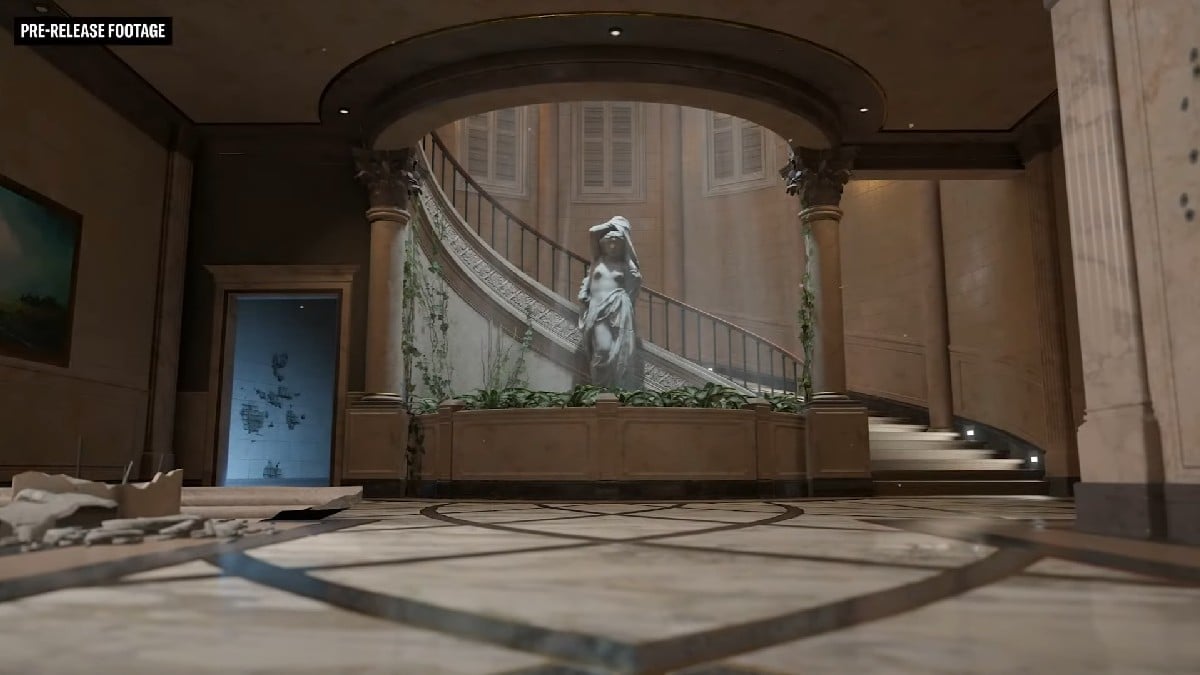
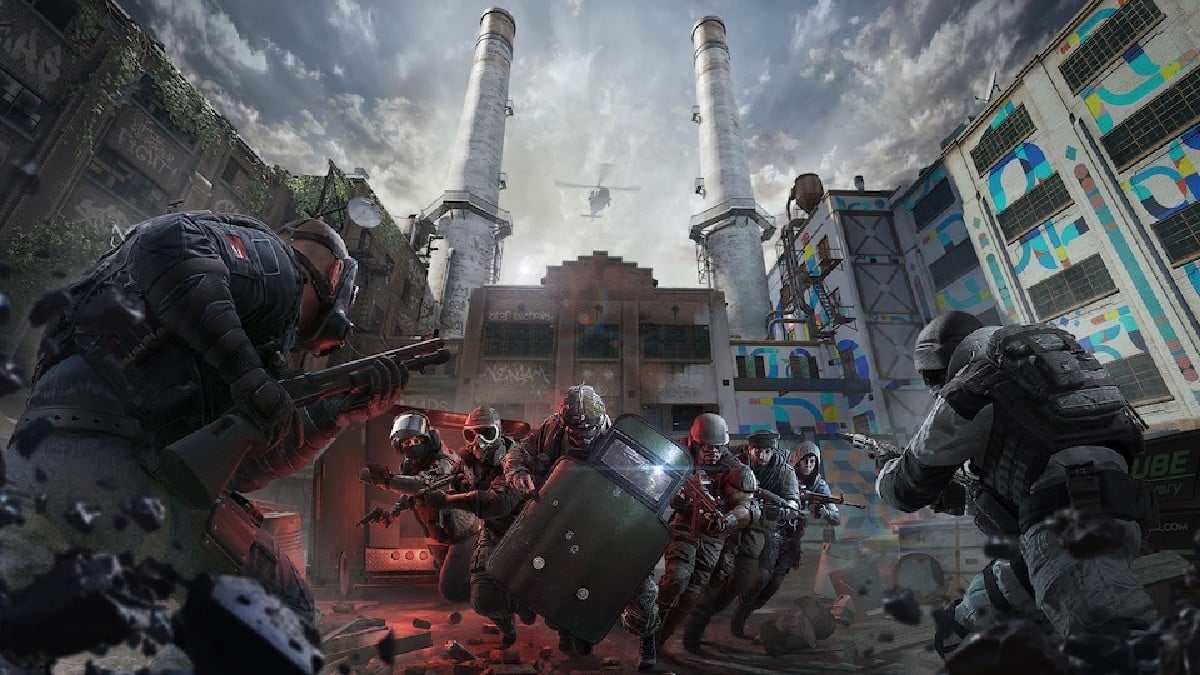
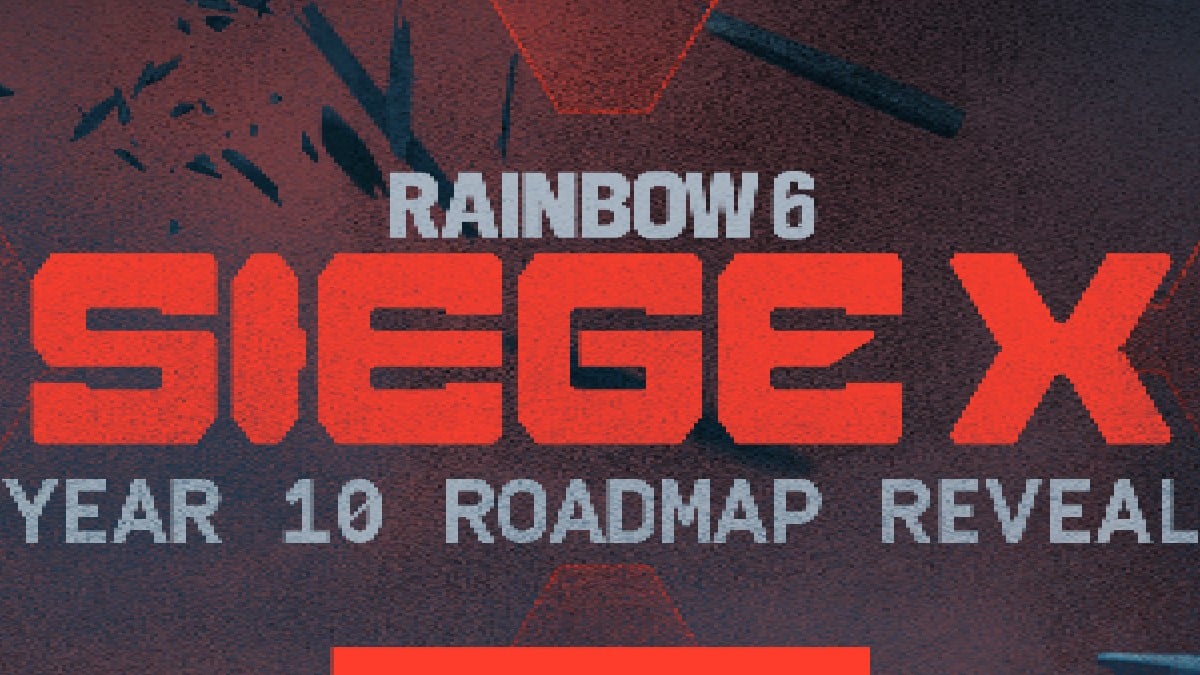
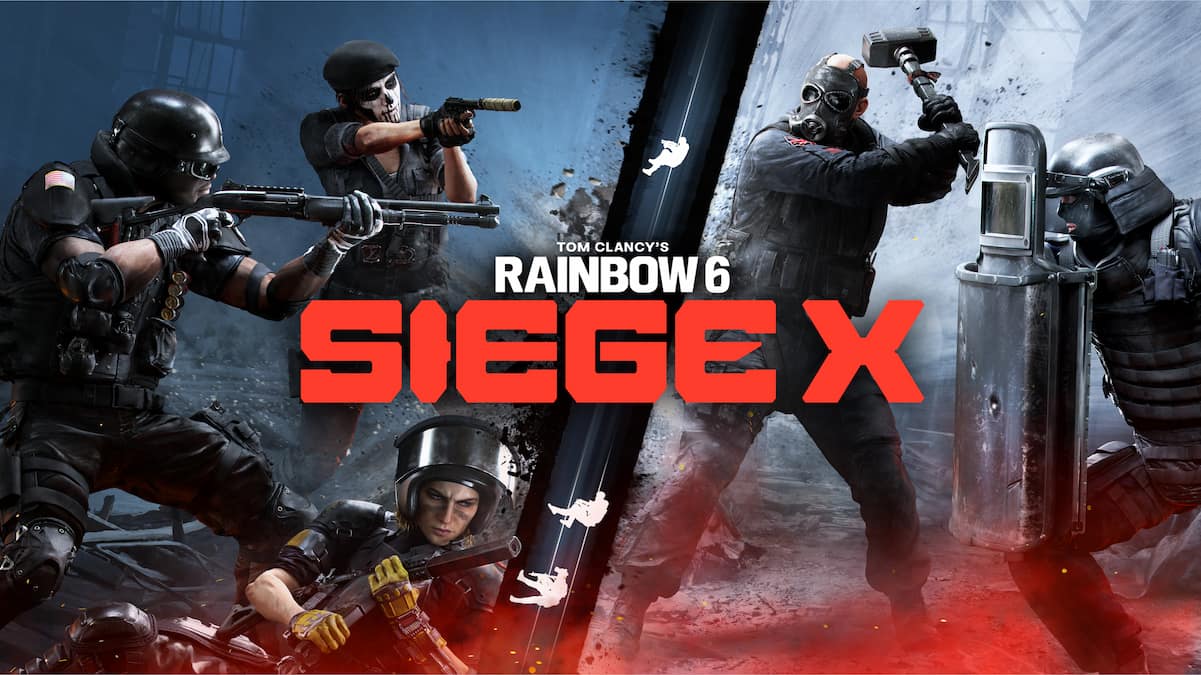
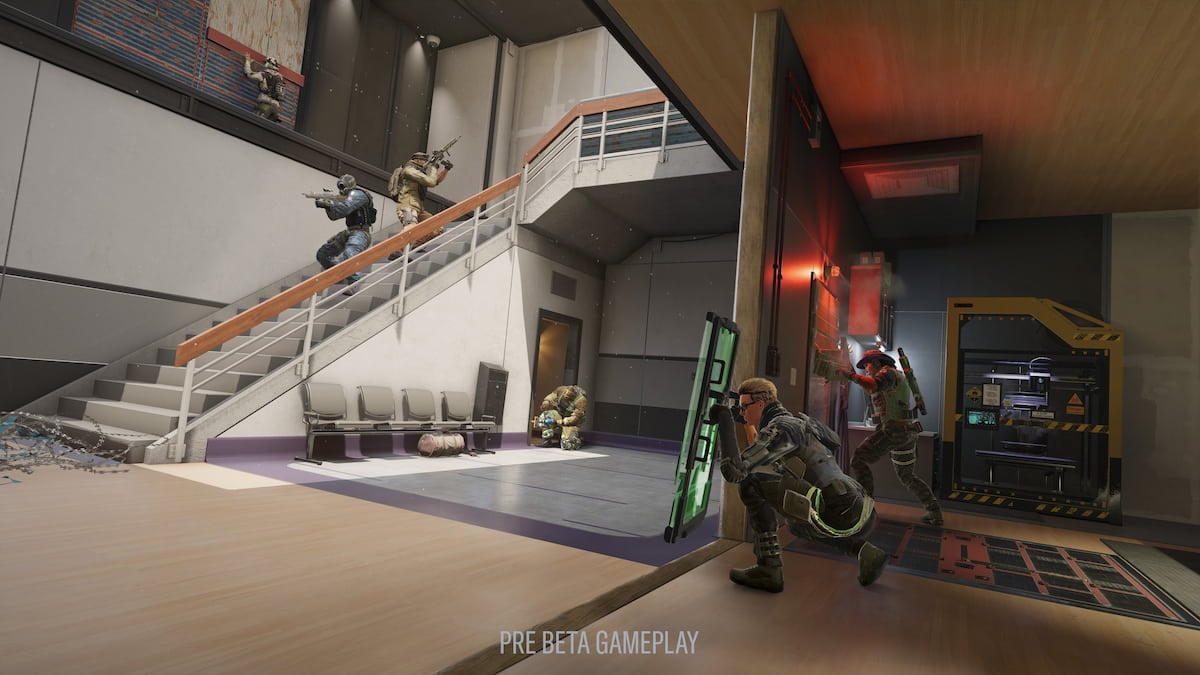
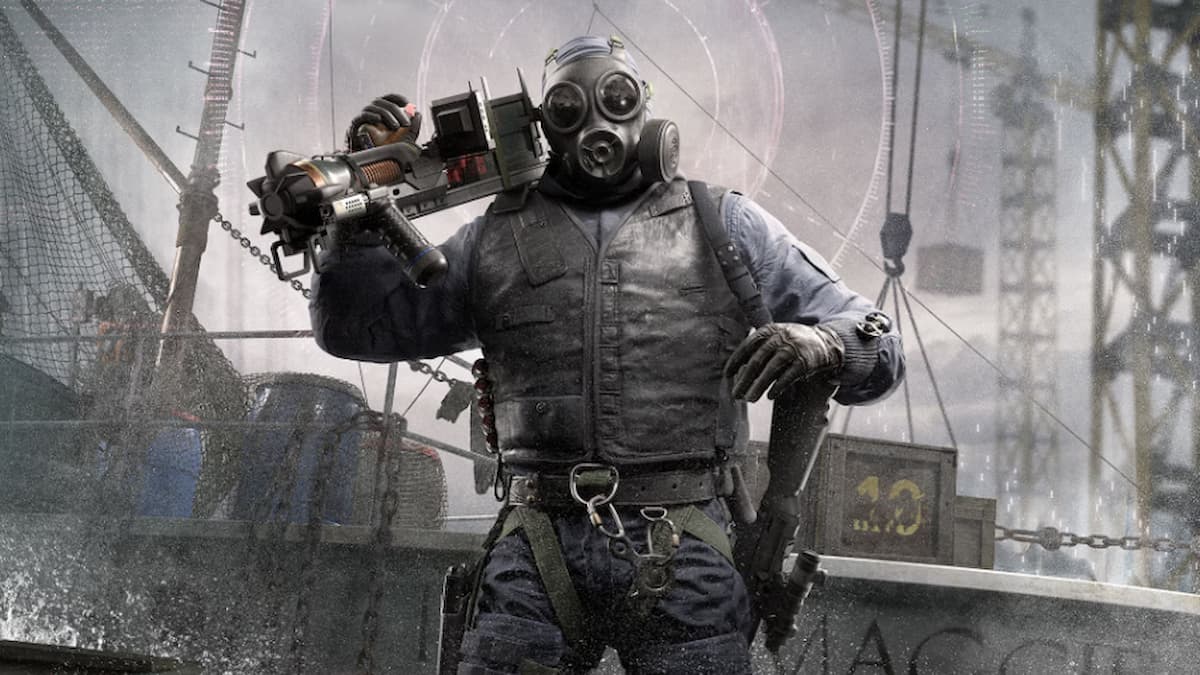

Published: Mar 2, 2021 05:17 pm